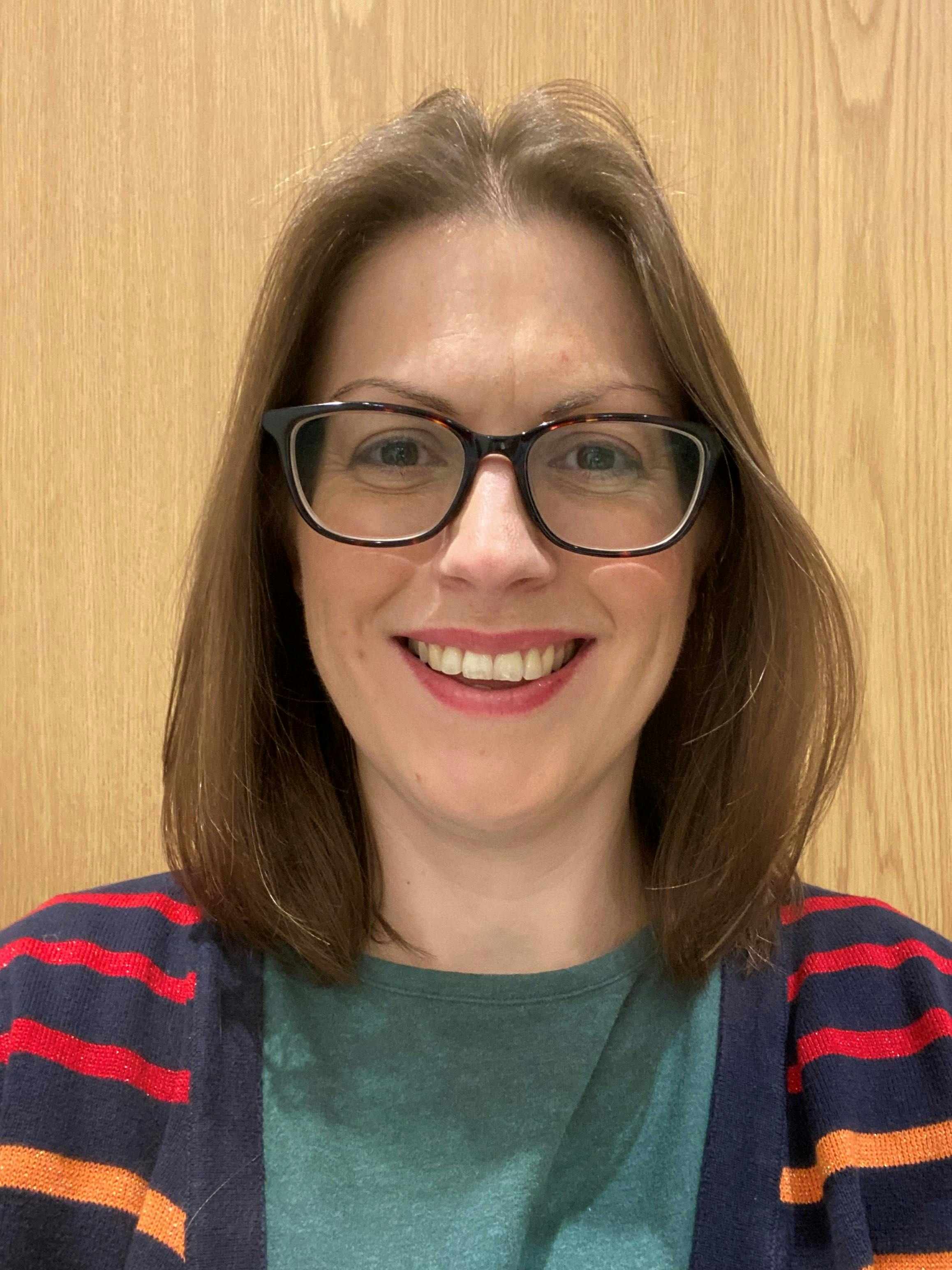South East London People's Panel survey 3 report
NHS 111 survey insight
The third South East London (SEL) People’s Panel survey was carried out between November 2023 - January 2024.
Background
NHS South East London Integrated Care Board started a programme of work to learn about people’s views and experiences of NHS 111. The programme aims to understand how the current service responds to people’s needs and determine how to improve patient access to care through the NHS 111 service.
The South East London Integrated Care Board (SEL ICB) pays for and arranges the NHS 111 service on behalf of people living in south east London (SEL). Our current arrangements run out in 2025 and we, therefore, need to put in place a new NHS 111 service to begin in September 2025. In preparation for putting in place a new service to replace the current one, we need to understand what works well, what doesn’t work well about the current service and what needs to change for our residents.
The survey also included the regular temperature check questions regarding health, happiness, control of life, loneliness and safety in people’s environment.
At the time of this survey, there were 1047 panel members from across all six boroughs in south east London. The survey was open to panel members for eight weeks and a total of 194 responses were received, representing a response rate of 18.5%.
In addition the survey was promoted to members of the public in south east London and we received a 213 additional responses. The report includes finding and recommendations combined.
Thank you to everyone who took part and you can read key findings and full report here.
Outline key insight
The infographic below summarises the key findings from the regular keeping well tracker questions regarding health, happiness, control of life, loneliness and safety in people’s environment.
![]()
Key findings
NHS 111 current service
- Our findings shows that although people generally have a good understanding of the role of the NHS 111 service, more promotion is needed around the service’s capabilities.
- More than 50% of respondents reported having used the service within the past year, with the majority choosing to access the service via telephone.
- The primary reasons for accessing the NHS 111 service included seeking clarity on the urgency of their conditions (34%), utilising it as an alternative to the GP service during out-of-hours periods (30%), or when unable to secure a timely appointment (19%).
- Those who had used the service acknowledged and appreciated the helpful advice and support provided once they had spoken with a clinician, but expressed concerns about long wait times for callbacks.
- Overall, the majority of respondents expressed satisfaction with the service received, as they were able to obtain the necessary advice and/or care. However, some individuals reported dissatisfaction, flagging issues such as not receiving the advice or care needed, frustration with the triage process, and long waits for callbacks.
New NHS 111 service
- The majority of respondents prefer telephone (rather than online) access to NHS 111 services, finding it more accessible, easier to explain their concerns, and more reassuring to speak directly with a person.
- Among the survey respondents, over 69% expressed a preference for receiving a callback as soon as the clinician is available (rather than at a prearranged time) to obtain the help and advice they need. Of these, 55% indicated a preference for callbacks as soon as the clinician is available at any time, day or night, while 13% preferred this during daytime hours only. Preferences for callbacks varied depending on the health condition, urgency of the situation, and other pre-existing complex health issues.
- Respondents emphasised the importance of receiving callbacks within 4 hours for non-urgent issues and within 30 minutes for urgent health conditions.
- Language barriers, digital exclusion, and accessibility challenges for individuals with physical and sensory impairments, as well as socioeconomic deprivation, were identified as the most common barriers to using the service or limiting access to it.
- Over 80% (326) of respondents said that they value the service, considering NHS 111 an essential resource. They expressed their desire to continue having access to the service in the future. Some examples of respondents’ comments about the importance of the service are noted below:
'Yes. I have found 111 exceptionally helpful, informative and efficient.'
'Yes, as an autistic person I hate going to A&E. Too many people overwhelms me and I know this would make my situation a lot worse'
'It is an extremely essential part of the health service especially since the pandemic and I am unable to get a face to face appointment with my doctor- I feel lucky to have this service available because of this'
Read detailed report
Next steps
The NHS 111 service survey results are supporting the redesign of the NHS 111 service for south east London. Feedback from the survey respondents allows SEL ICB to evaluate our current NHS 111 service from the patient perspective, as well as ensuring that in the redesign we keep those elements that patients value and change things where we can to further improve things for patients.
The findings will inform our approach to developing the specification, as well as performance targets that we will set for the new service. We will continue to collect feedback on our proposals and adapt to respond to the needs of our people and communities in south east London.
This report will inform our plans to improve patient experience of using the service and identify ways to overcome barriers that people are facing when using the service. We will be working with south east London borough colleagues to shape the service models based on recommendations from this report.






